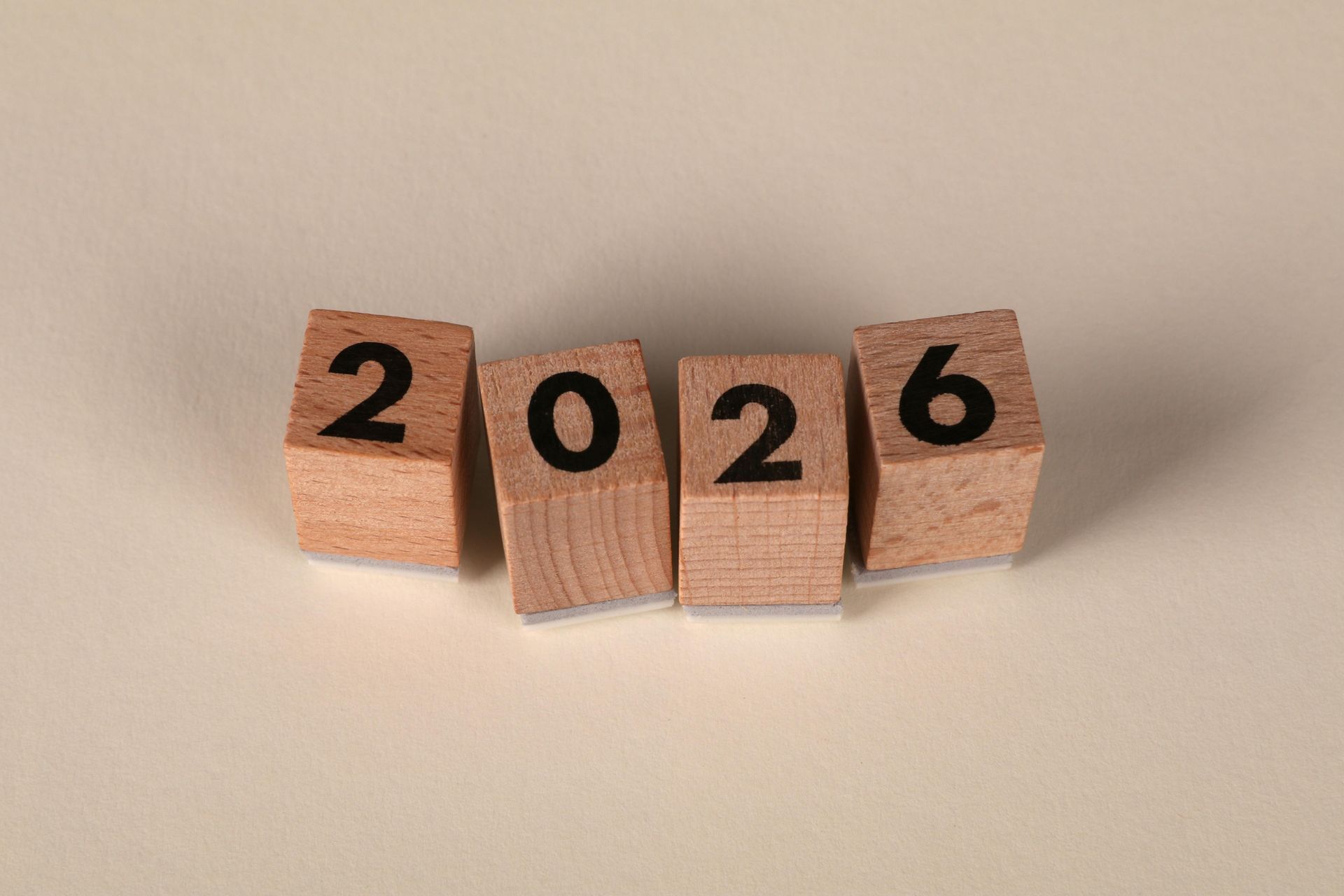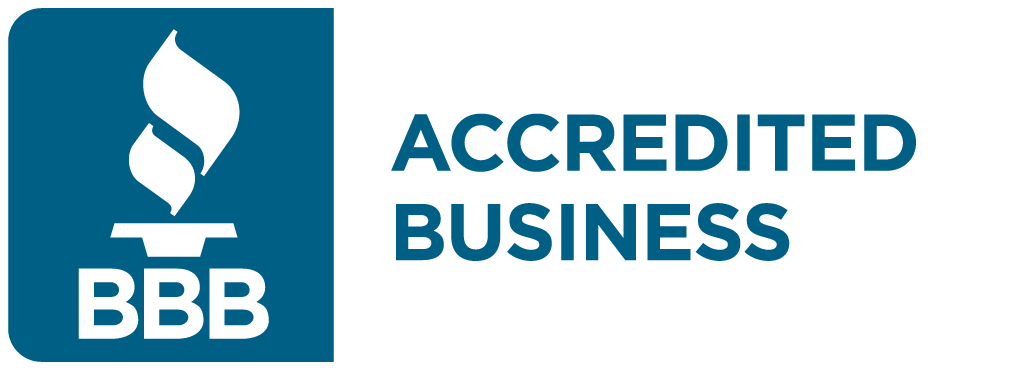8 Big Mistakes Made in a Job Search or Career Pivot
In visiting with thousands of executives and professionals over many years, the Endeavor Agency team has noted a pattern of predictable mistakes made time and again by job seekers. These job seeker mistakes cost them dearly in lost opportunities, significant frustration, and likely millions of dollars in earnings. All of these are avoidable with the right guidance and preparation. Most job seeker mistakes will continue to be made, either because they don’t know, or they simply aren’t willing to invest the time, energy and resources to change their approach.
Common Mistakes Made in a Job Search
This article is designed to help you identify these common mistakes and hopefully take the active steps to avoid them. While there are countless other pitfalls and mistakes made, we have drawn on our experience over many years of visiting with thousands of executives and professionals to highlight eight of the biggest ones.
Rushing Into The Job Search Before Being Ready
“You only get one chance to make a first impression.” Will Rogers is the author of this famous quote. While nearly everyone knows this quote, very few live it when executing their job search. We see bad resumes every day. Even the good ones are not that great in most cases. LinkedIn profile pictures of job seekers abound that are either badly done, years out of date, or send the wrong message. We hear voicemail greetings that are either the default computer generated message, or just the person barking their name. Even worse, we hear a message that says their voicemail box is full, and it hangs up.
Candidates need to invest serious time and effort into making sure everything they put forward sends the very best message about themselves before they reach out to start conversations. Your email messaging, elevator pitch/value proposition, targeting plan and answers to predictable questions need to be hammered out before you send your visit job application, or schedule your first networking meeting. Those who rush into the market without adequate preparation often burn their best bridges and make things far too difficult for themselves later. These job seeker mistakes are the most common.
The Job Seeker Applies to Too Many Job Postings
Technology and the Internet have improved our lives in countless ways. Job boards and search engines make it easy to apply, often with one click, to countless jobs. Candidates who rapidly apply to dozens of jobs in a short period of time usually learn their success rate of landing interviews hovers in the 1-2% range. Even those few successes often turn out to be dead ends.
Most executive and professional candidates who are invited to interview come through the back door. They earn that opportunity because they made connections with people on the inside of the company and started conversations. The old adage, “It’s all about who you know,” is just as true today as it ever was. Successful candidates are more selective with their applications. They take the time to research the organization. They make connections with people in the company and learn about the inner workings to increase their odds of landing the interview.
Rapidly applying to numerous jobs does not afford the candidate the time to do this. They are too busy filling out on-line forms and conducting initial screenings for jobs they usually don’t even want. These job seeker mistakes will waste your most precious asset, time.
They Sit and Wait for Others to Get Back to Them
Most candidates don’t ask about the details of next steps and when those will take place at each step of the interview process. They simply wait for someone to get back to them. They wait…and wait…and wait. The majority of those who do ask about next steps won’t follow up with the contact person when the agreed upon date passes with no word. They simply wait…and worry…and grow frustrated.
Candidates generally wait because they don’t want to seem pushy. If you do a good job of asking for the next steps and time frames, then it’s the other person who is not living up to her word. That’s on her, not you. Close for the next steps. Ask direct questions. Nail down specific times. Follow up politely, professionally and persistently when the deadline passes to get to the truth. Those who wait grow old and bitter. Those who act win far more often. This is one of the easiest job seeker mistakes causes to fix.
They Do Not Prepare Adequately for Interviews
The top 20% of interviewers know they must: look sharp; research the company; have their resume, references and other resources at the ready; be on time; and be pleasant and positive during the interview. This level of preparation allows one to reach the ranks of junior executive at best. There is a world of difference between a top 20% and a top 1% performer.
The top 1% go much further. The high achievers: ensure they get a copy of the interview itinerary well in advance; research every individual whom they will meet; anticipate all the questions they will likely be asked; write out their answers to those questions; practice those answers out loud dozens of times; conduct mock interviews with a coach; build a mental library of situational/behavioral questions and scenarios from their experience to use in answering; develop a game plan for how to handle challenging, or stumper, questions; know the value points they want to proactively drive home throughout the interview; know well in advance how they will close the interview and ask for the commitment for next steps, or the job offer.
They Overestimate Their Chances of Winning the Offer
“I’m a pretty good interviewer. I’ve won an offer for most of the interviews I’ve ever had.” We have heard this statement countless times. While it is almost certainly true about their past performance, candidates for executive and professional level jobs need to remember they are competing against others who are also undefeated. The victories they enjoyed in the interview process are likely from years ago and for positions that were much more junior in level. If you seek to go higher then the level of competition only goes up.
If you passed the phone screening, succeeded in the video interview stage and are invited to an on-site interview you must assume there at least 4 or 5 other candidates. Sometimes there are many more. If there are only 5, including you, that gives you a 20% chance of success if all the odds are equal. However, they are never equal. There’s a good chance that someone in this group put in the preparation (shown above) for the top 1% level. Someone else has more experience and better credentials. Another has a good friend from college among the interviewers. What’s your competitive advantage? Later, the candidate is just dumbfounded when they don’t win the offer because they felt sure their interview went well. The interview likely did go well. Someone else in that group was simply better.
The Job Seeker Underestimates the Length of Time A Search Will Take
For many executive and professional candidates, it has been several years since they last looked for a job. The jobs always found them in the past. Maybe they worked their way up through the ranks at one company. They truly have no clear idea of what they need to do and how long it will take.
Several decide to take some time off, use their severance package to enjoy life for a while, thinking they will get a job within a month or two of when they start looking. Others were completely unprepared financially and have little savings to support themselves for more than a few months of unemployment. It almost always takes longer than they anticipate, especially if they are doing everything themselves. The longer someone is out of a job the more difficult it becomes to land a new job. Interviewers begin looking at the employment gap with increasing skepticism.
The Job Seeker Mistakenly Fails to Do Enough Due Diligence
Accepting the wrong job can cause long lasting damage to the career of an executive or professional. Bad organizations can damage the personal reputations of the people who work there. Toxic people working inside companies can similarly harm an individual’s career even when they have done nothing wrong. Unrealized financial promises can also set an executive back.
Too often candidates fail to see the red flags that are in front of them, either because they don’t know how to look for them, or interpret them, or they simply choose to ignore them. Due diligence is not easy to do unless you know what to look for and how to look for it. It can be even more challenging when your emotions cloud your judgment because you really want, or need, the job.
They Handle the Negotiations Personally
“He who represents himself has a fool for a client.” Abraham Lincoln, a successful attorney long before becoming President, stated this powerful quote. Most executive and professional job seekers we have visited over the years, prior to them becoming our client, handled all of their employment negotiations themselves. For those with extensive training and experience in negotiations, Lincoln would still assert they have a fool for a client. Why? They are too close to it emotionally. You are the product. This is your job and life on the line. Across the table is your future employer, making it an uneven relationship in the power dynamic.
Most candidates don’t have training and extensive experience in negotiating executive employment agreements. Those who do have likely only experienced it a handful of times, with the last time being several years earlier. Why would anyone believe they would achieve as good, or better, outcomes on their own versus working with an experienced professional? The mistakes made might not even be evident to the individual until years later, when it’s too late. They simply underperformed, left money on the table and never knew it.
Conclusion
Executives and professionals will likely only go through the full job search process, at the senior levels, a few times in their whole careers. Only a small group of executives seek professional guidance to improve their odds and gain an advantage. When you meet them, or see their profiles on LinkedIn, you begin to realize the value of all the guidance and preparation that went into helping them ascend to their high stations. The rest go it alone, making the same predictable mistakes that are all too easy to avoid. They’re still intelligent, well-educated and often accomplished individuals. But they eventually hit their career ceilings because of making one, or more, of these mistakes.
Avoid hitting a career ceiling by contacting Endeavor Agency today.
About Endeavor Agency
Endeavor Agency is the nation’s leading company helping individual executives, VPs, senior managers, professionals, and physicians find the jobs they truly want. Our additional resources, expertise, and career change specialists help our clients uncover more and better job opportunities than what they could access on their own.
Endeavor Agency helps rebrand clients to effectively communicate their value throughout the interview process and increase their odds dramatically of winning offers. Additionally, Endeavor Agency helps clients achieve better results in negotiating the terms of their employment agreements.
Endeavor Agency also provides executive coaching, outplacement services, and business consulting services. Endeavor can also help guide executives focused on the private equity and venture capital market segments.











